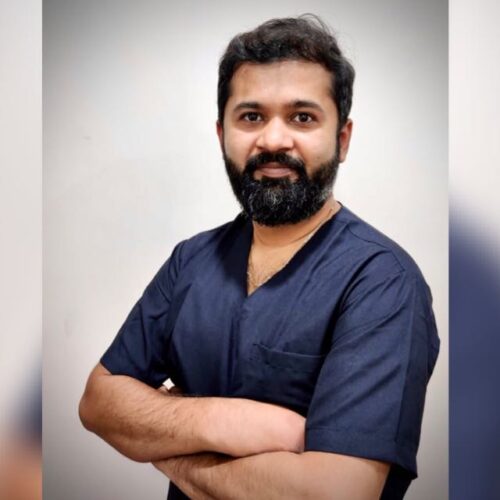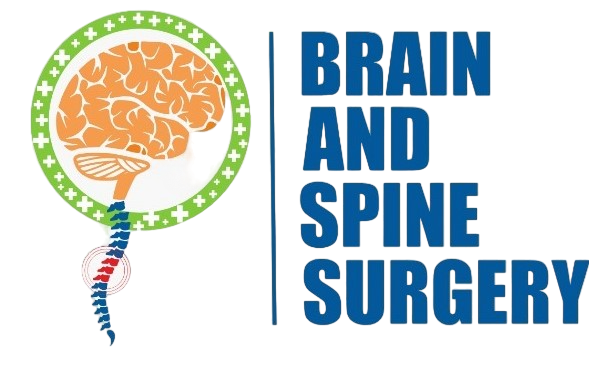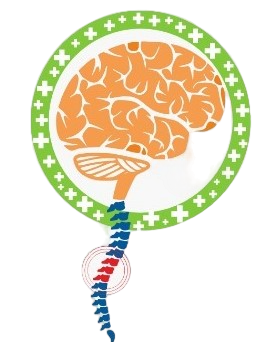Brain tumor
Brain tumors are abnormal growth within the brain. The brain tumor is diagnosed typically by the neurosurgeon by performing an MRI scan of the brain. Most tumors cause problems by causing pressure over the normal brain structures and the cranial nerves. Some of the tumors obstruct the CSF pathways of the brain, causing an increase in intracranial pressure which requires a brain operation.
Characteristics of Brain Tumors:
- They can occur anywhere in the brain.
- They can range in size from very small to very large.
- Brain tumors can grow slowly or quickly.
- The prognosis for brain tumors depends on the size, location, type, and grade of the tumor.
- There is no known way to prevent brain tumors.
Type of Brain Tumors
There are two main types of brain tumors:
- Benign brain tumors: Benign brain tumors are noncancerous, which means that they will not spread to other parts of the body. However, benign brain tumors can still cause problems if they grow large enough to press on other parts of the brain.
- Malignant brain tumors: Malignant brain tumors are cancerous, which means that they can spread to other parts of the body. Malignant brain tumors are more likely to cause serious symptoms than benign brain tumors.
Brain tumor surgery is the primary treatment option for most types of brain tumors. It is a complex surgical procedure that involves the removal of a mass or abnormal growth in the brain. This procedure is typically performed by a team of highly trained neurosurgeons who specialize in treating brain and spinal cord tumors.
The success of the tumor operation and the patient’s recovery depend on a variety of factors, including the size and location of the tumor, the patient’s overall health, and the skill and experience of the neurosurgeon performing the procedure.
A proper diagnosis, including the type of tumor, its size and location, and the patient’s overall health, is crucial in determining the best treatment option. The doctor will work closely with them to develop a personalized treatment plan that takes into account their individual needs and circumstances.
FAQ
1. What happens after I am discharged from the hospital after brain surgery?
Brain surgery is a major procedure, but most patients recover well and go home within a few days. You will be closely monitored in the hospital, and you may work with therapists to regain strength and mobility. After discharge, continue to rest and avoid strenuous activity.
2. What will happen during the surgery?
It is essential to be well-informed about the procedure you are undergoing. This will help you feel more prepared and at ease. Asking questions is always encouraged, as it allows you to clarify any doubts and gain a better understanding of what to expect. For instance, if your doctor mentions opening your skull during the surgery, don’t hesitate to inquire about post-surgical pain management, wound healing time, and any potential complications.
3. What does a brain tumor look like?
Brain tumors can vary greatly in appearance, ranging from small, well-defined masses to large, irregular growths. They can be solid or filled with fluid and may have different textures and colors depending on their type. Brain tumors are typically visible on brain imaging tests, such as MRI or CT scans, which allow doctors to assess their size, location, and other characteristics.
Awesome Doctors for Medical and Health

Dr Himanshu Champaneri
Neurosurgeon
Dr Himanshu Champaneri is a neurosurgeon at Gurugram, Delhi NCR, attached with Marengo Asia Hospitals. He serves as a Senior Consultant and leads the Functional, Epilepsy & Endoscopic Neurosurgery (FEENS) services for the Marengo Asia Health Care Hospitals.



Leave a Reply